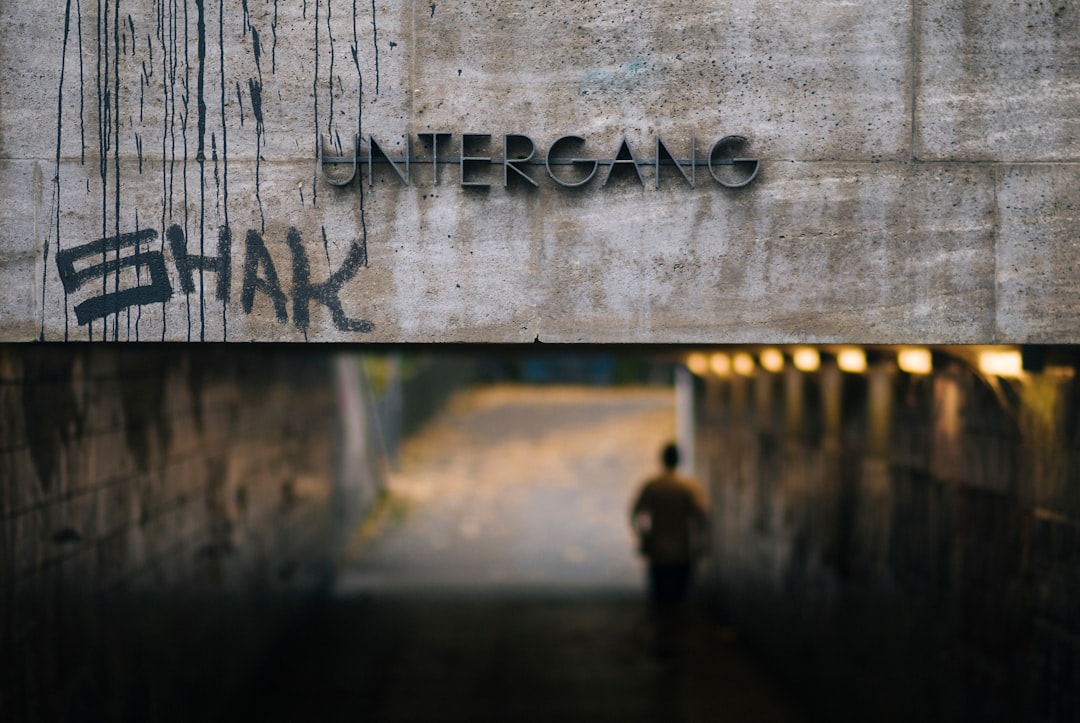What is it about?
This study shows how playwrights in the early modern Low Countries undermined their contemporaries' belief in the magical power of language. This is evident in the way they depicted and ridiculed exorcism rituals in their farces. Such rituals were seen in the early modern period as 'administering' inherently powerful words to a beneficiary. This view is also reflected in a contemporary 'speech act theory' avant la lettre, which attributes to spoken words the ability to interact on their own accord with other forces in the universe, regardless of the authority or intention of the speaker. The farcical exorcisms served not only to ridicule Roman Catholic rituals and their underlying demonic beliefs, or to make a show of the bizarre behavior of possessed individuals and devil banners. Their creators also took a stand against the idea that language possessed autonomous powers, and instead argued for a view of language as a fully human-made and human-controlled instrument.
Featured Image

Photo by Vitaliy Shevchenko on Unsplash
Why is it important?
The study demonstrates how fictional texts from the past can be read as critical reflections on communicative processes and practices of the time. It also identifies discourse practices that challenge the generally accepted conditions and laws that language use is supposed to comply with in order to result in successful communication. For successful ritual talk, for example, the speaker's sincerity or personal intentions are not relevant, nor is semantic clarity.
Perspectives
Hopefully the article also contributes to a wider interest in the theatre culture of the sixteenth-century Low Countries.
Femke Kramer
Rijksuniversiteit Groningen
Read the Original
This page is a summary of: Disenchantment of the word in sixteenth-century Dutch farce, Journal of Historical Pragmatics, September 2023, John Benjamins,
DOI: 10.1075/jhp.20010.kra.
You can read the full text:
Contributors
The following have contributed to this page










